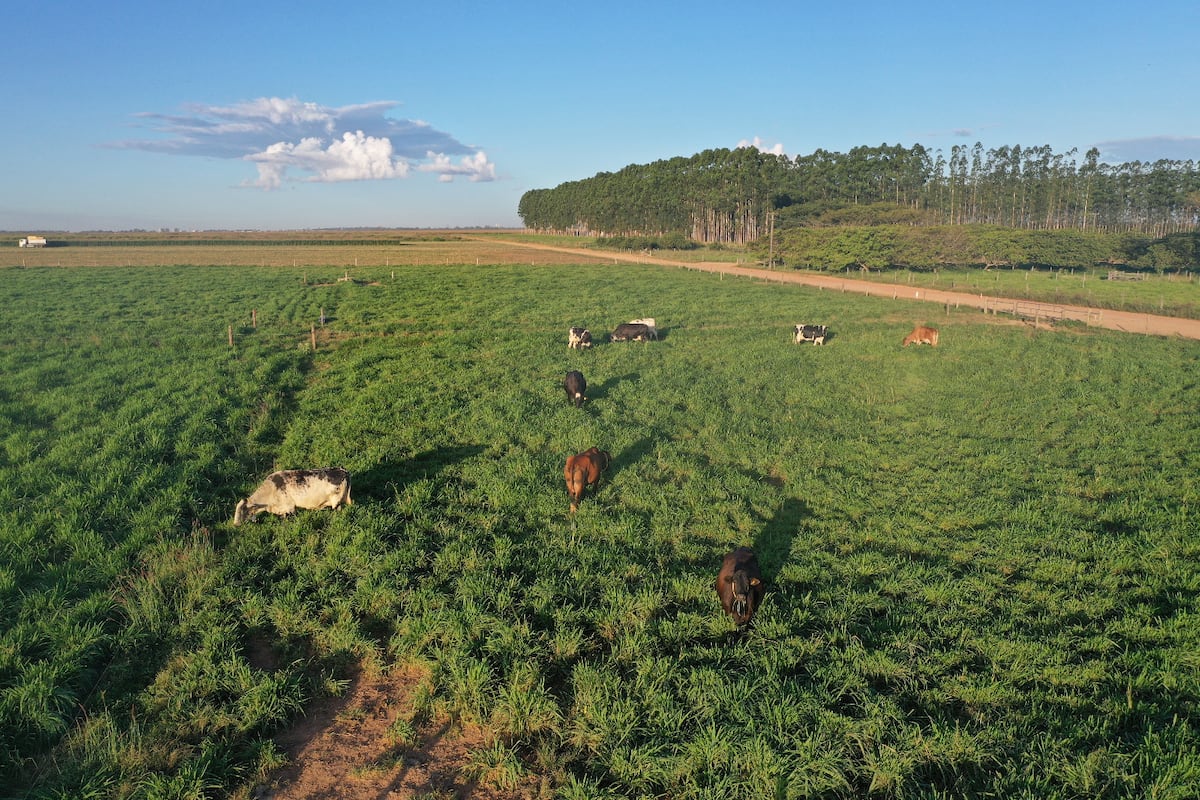
"The Wolf family farm in Brazil exemplifies an experimental approach to environmentally sustainable agriculture, integrating livestock, crops, and forestry to reduce greenhouse gas emissions."
"By implementing Brazilian science-backed practices, the Wolf family demonstrates that it is possible to produce beef with a negative carbon impact, fostering sustainability."
The Wolf family farm in Brazil stands out as an experimental laboratory dedicated to advancing sustainable agricultural practices. Located in Nova Canaa do Norte, it tests integrated methods combining cattle raising, crop production, and forestry to increase productivity while reducing greenhouse gas emissions. This approach, known as ILPF (Crop-Livestock-Forest Integration), is crucial as livestock farming is a major pollutant in Brazil. Research from Embrapa highlights that these innovative methods can even lead to meat production with a negative carbon footprint, transforming livestock from a liability into a solution for climate change.
Read at english.elpais.com
Unable to calculate read time
Collection
[
|
...
]